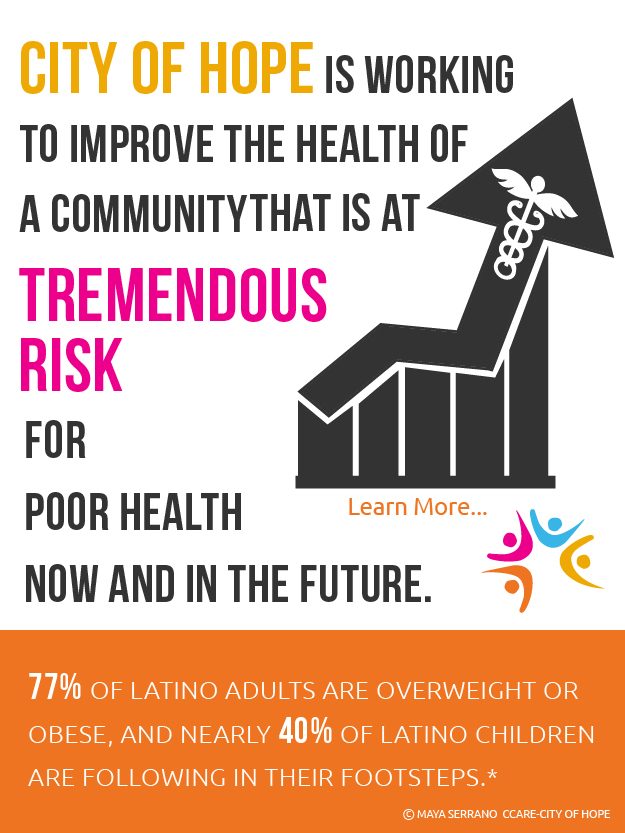
7 tips to help you achieve sustainable weight loss
07/31/2021 06:00AM | 3250 viewsThe diet and weight-loss industry has grown to become a $71 billion behemoth, primarily because most diets fail. Failure, in this case, isn’t measured by the number of pounds lost on a diet; rather, it’s measured by long-term outcomes. If your goal is to lose weight and you’re following a fad dieting program for the masses, you will likely lose weight quickly. Most diets fail to help participants achieve long-term, sustainable weight loss, which is why the industry is so large and why everyone keeps coming back for more.
It’s no secret that maintaining a healthy body weight is conducive to good health and longevity. Being overweight or obese is tied to higher levels of inflammation and risk for metabolic syndrome, Type 2 diabetes, cardiovascular disease and overall illness. When working toward weight loss, it’s important to focus on the potential internal health benefits instead of fixating on the number on the scale. Weight loss could help you come off blood pressure medication, have better endurance when exercising and alleviate joint pain to improve strength and overall function.
While the intention is usually for good reason, bouncing from diet to diet in the pursuit of a lower body weight can hinder your metabolism, making it even harder to lose and even easier to regain weight when no longer following the “plan.” Aside from the physical toll of yo-yo dieting, the mental toll can be even more exhausting and set you up to fear food and the social consequences of always saying “no” to enjoying fun foods with friends.
The good news is that you can have it all — follow a diet plan, lose weight and keep it off all while feeling strong on the inside and outside, empowered and more comfortable in your skin. Dr. Peter Jones is the medical director for the Houston Methodist Center for Weight Loss & Bariatric Surgery. Within this department, he created the Medical Weight Management Program, a three-phase program that participants progress through in hopes of achieving and maintaining long-term weight loss. Participants work with a team of health care professionals to learn and address behaviors that will help them support and sustain their success.
Throughout his 30 years leading the program, Jones has worked with thousands of patients and is an expert on weight loss and maintenance. He says that the key to success is personal ownership and accountability. Jones and I worked together to highlight tips that, when used consistently, can benefit your weight-loss journey. If you find one or several of these tips challenging, Jones believes it’s imperative to own those challenges and work to find a solution unique to your needs.
- Create realistic, attainable goals: While dreaming big is admirable, it’s more productive mentally and physically to set a weight-loss goal you know you can achieve. Setting lofty or aggressive weight-loss goals is easy to do because of misinformation coming from a variety of sources, including friends, social media and peers who have experienced weight-loss success and feel obligated to share their newfound expertise. If your goal is what you weighed in high school, that might not be the best or healthiest idea.
“There is no such thing as a ‘perfect’ weight,” Jones says. “Treating your body with respect while implementing holistic and consistent lifestyle change is the foundation to reaching a stable weight to support a healthy body.”
Even if you are not satisfied with your reflection, it’s imperative to always respect your body and practice behaviors that will take care of it. We want to create goals that focus on behaviors, rather than a target weight. How many minutes am I going to exercise today? How many ounces of water am I going to drink? It’s most helpful to set small goals, celebrate each win along the way and work toward your overall, attainable weight-loss goal. - Self-monitor your progress: Monitoring yourself and your progress reinforces accountability and helps you correct behavior if you’re falling off course. One way to self-monitor is to keep a food log. A research study assessing weight-loss behaviors in a group of 220 women found that consistent and regular recording in a food log was associated with long-term weight loss success. Other studies have shown food logging to be a strong predictor of maintenance and behavior change.
- Practice purposeful eating: Usually, on diets, the emphasis is on circumstances in which you can’t eat, not when or how you can. It’s best for metabolism and digestion to eat at regular, three- to four-hour intervals, at consistent times to fuel our bodies and promote satiety. We want our food choices to have a purpose. How we eat should be intentional — ideally, at the table, at a slow pace, without the distraction of the TV. What we eat should also be intentional. If your goal is weight loss, it’s helpful for the majority of your plate to consist of protein and fiber, which facilitate fullness.
- Prioritize exercise you enjoy: Exercise can contribute to weight management and weight-loss maintenance. I’m a firm believer that you need to enjoy exercise, not dread it. This goes along with setting realistic goals. If you set a goal of running a few miles every day but you’re someone who hates running, that’s probably not going to last very long. Think about movement that enhances your day and that you look forward to, which will help you identify what to include in your long-term lifestyle plan.
- Understand how to manage stress and emotion without food: Sometimes I consider myself a food therapist because I spend a lot of time talking to patients about how their emotions affect their food choices. We often turn to food to compensate for unmet needs, such as stress regulation. This is a huge reason why most diets fail — a one-size-fits-all diet is not going to teach you how to address your individual needs and then translate those needs to behaviors for stress and emotion management. It’s important to find activities like meditation, breathing exercises or stepping away to take time for yourself, rather than manipulating eating behaviors or turning to food when emotions rise.
- View setbacks as learning experiences rather than failures: Jones likes to ask patients to identify what hasn’t worked for them in the past. If you’ve ever followed a diet, “cheated,” and then felt guilty for not sticking to it, you’re certainly not alone. Rather than beating yourself up for failing to follow the plan, it’s helpful to pinpoint what was challenging about that plan. Jones encourages patients to ask themselves, “How can I respond more positively to this challenge?” and rise up through learning rather than succumb to defeat. We want to avoid the “I’ll start over on Monday” mentality and make this a lifestyle change that is considered your new normal by addressing any unmet needs, which are different for everyone.
- Collaborate with your health care team: Working with a team of health care professionals is incredibly beneficial to learning personalized skills to ensure your success. Experts can use their background to highlight solutions to challenges. (And by experts, I don’t mean your neighbor who lost 50 pounds by eliminating carbs or your friend from yoga class who drinks skinny tea every morning.) You are the expert on you, and you’re in the driver’s seat when it comes to your health care. It’s invaluable to collaborate and communicate with your doctor, dietitian and other health care professionals to help navigate your journey.
It’s vital to ensure that you’re considering all of these tips as a package deal for your specific lifestyle and needs, instead of just focusing on one or a few. If these tips are practiced together, we believe you will have the best opportunity to live a healthier lifestyle at a sustainable weight that will support health and longevity.












Post your Comment
Please login or sign up to comment
Comments